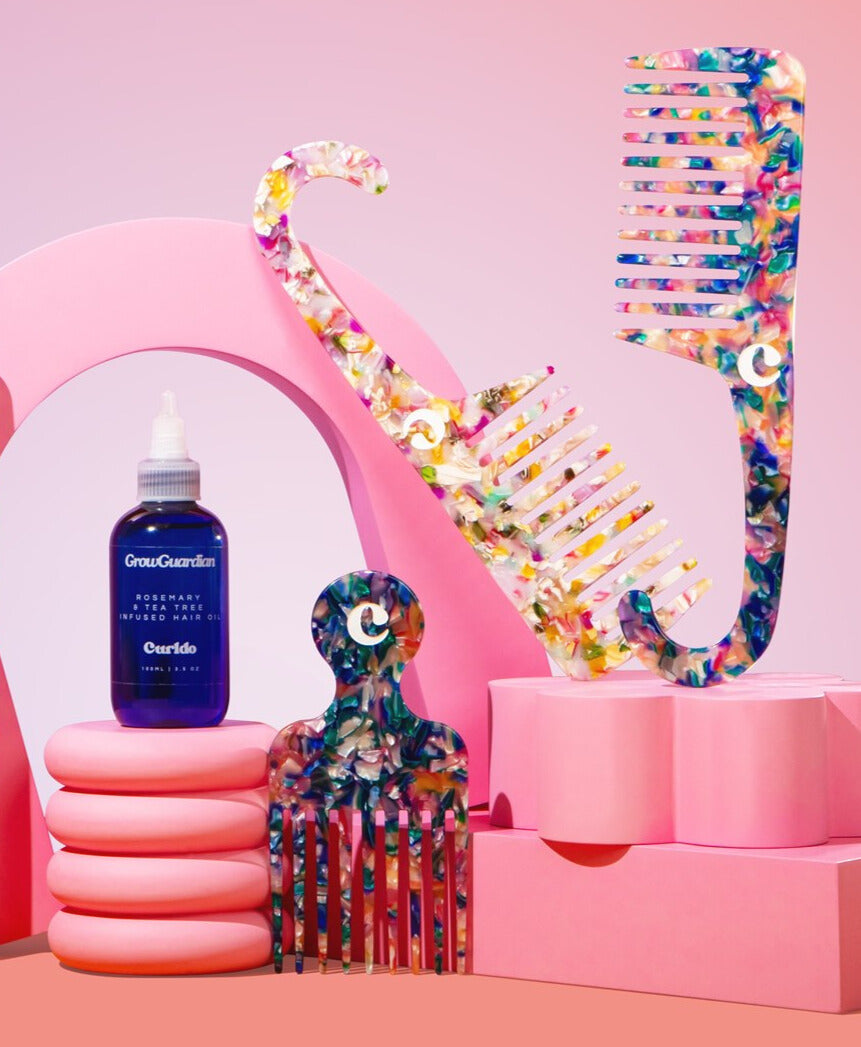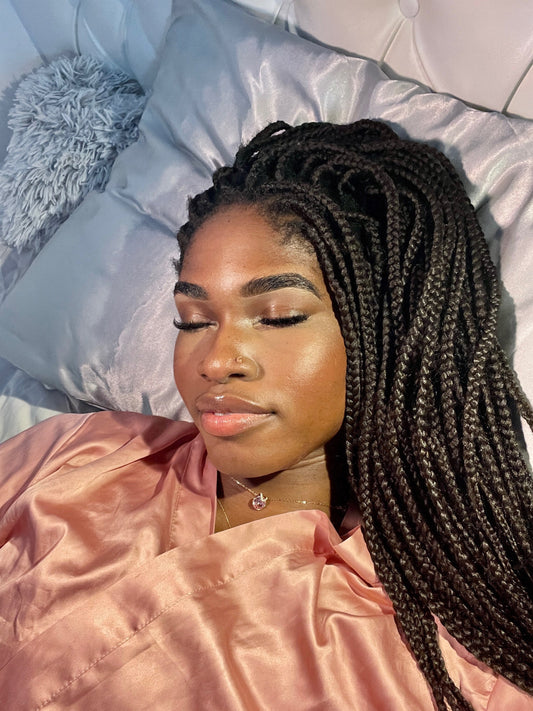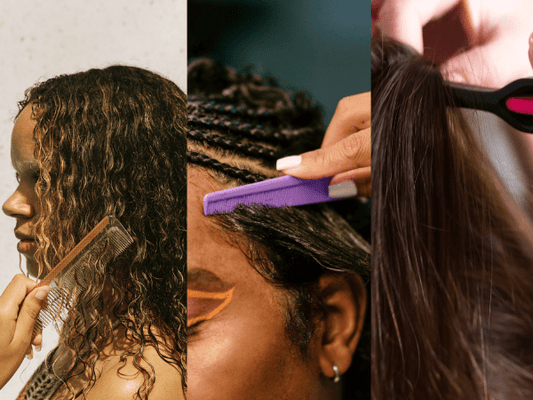Understanding Hair Breakage
Hair breakage occurs when the hair shaft weakens to the point of snapping, often mid-length. This weakening can be due to cuticle damage (the hair's protective outer layer), leaving the inner structure exposed and vulnerable. Identifying the underlying causes of breakage is the first step toward prevention and treatment.
Causes of Hair Breakage
- Mechanical Damage: Rough handling, aggressive brushing, and tight hairstyles can cause significant stress on hair strands.
- Chemical Treatments: Frequent coloring, bleaching, and chemical relaxers can weaken hair over time.
- Heat Styling: Regular use of high-temperature styling tools without protection can lead to dryness and fragility.
- Environmental Stressors: Sun exposure, humidity, and pollution can degrade hair health.
- Nutritional Deficiencies: Lack of essential nutrients can affect hair strength and elasticity.
Tips for Preventing Hair Breakage
1. Gentle Handling
- Avoid brushing wet hair, which is more prone to breakage. Use a wide-tooth comb to gently detangle, starting from the ends and working your way up.
- Minimize the use of tight hairstyles that pull on the scalp, opting for looser, protective styles instead.
2. Reduce Heat Styling
- Limit the use of heat styling tools. When necessary, apply a heat protectant and use the lowest effective temperature setting.
- Embrace air drying or use a cool setting on your hair dryer to minimize heat exposure.
3. Opt for Chemical-Free Treatments
- Consider reducing the frequency of chemical treatments or switching to less damaging alternatives.
- Seek professional assistance for chemical processes to ensure they're done correctly and minimize potential damage.
4. Use Moisturizing and Strengthening Products
- Incorporate hydrating shampoos, conditioners, and leave-in treatments into your routine to maintain moisture balance.
- Look for products with protein to help repair and strengthen hair. However, balance protein treatments with moisturizing care to avoid protein overload, which can make hair brittle.
5. Protect Your Hair from Environmental Stressors
- Wear hats or use hair products with UV protection to shield your hair from sun damage.
- Protect your hair from chlorine and saltwater by rinsing your hair with fresh water before and after swimming.
6. Improve Your Diet
- A balanced diet rich in vitamins, minerals, and proteins supports hair health from the inside out. Incorporate foods high in iron, vitamin E, omega-3 fatty acids, and biotin to promote stronger strands.
- Stay hydrated to help maintain overall health and support healthy hair.
7. Regular Trims
- Regular trims every 6-8 weeks can prevent split ends from traveling up the hair shaft, reducing the likelihood of breakage.
8. Deep Conditioning Treatments
- Deep condition your hair regularly to replenish moisture and elasticity. These treatments can help prevent breakage by keeping hair soft and pliable.
9. Scalp Care
- A healthy scalp is the foundation of healthy hair growth. Use gentle, nourishing products to maintain scalp health and avoid products that cause irritation or dryness.
10. Silk or Satin Pillowcases
- Switch to silk or satin pillowcases to reduce friction and breakage while sleeping. These materials are gentler on the hair than cotton and can help prevent tangling and damage.
Conclusion
Halting hair breakage and nurturing stronger strands requires a multifaceted approach that addresses the underlying causes of damage. By adopting gentle hair handling practices, minimizing exposure to harmful treatments and environmental stressors, and nourishing your hair with the right balance of moisture and protein, you can significantly reduce breakage. Remember, achieving healthier, stronger hair is a gradual process that demands consistency and patience. With the right care and attention, you can transform your hair's health, enjoying resilient, vibrant strands that reflect your commitment to nurturing your hair's well-being.











